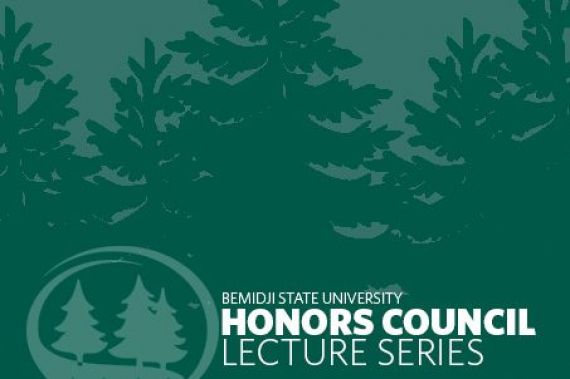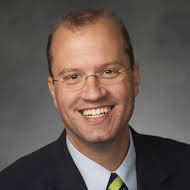
 Dr. Ross Flom, a noted professor of psychology and neuroscience at Brigham Young University who specializes in cognitive development in infants, will visit Bemidji State University on Nov. 3 to deliver the university’s fourth fall Honors Council Lecture.
Dr. Ross Flom, a noted professor of psychology and neuroscience at Brigham Young University who specializes in cognitive development in infants, will visit Bemidji State University on Nov. 3 to deliver the university’s fourth fall Honors Council Lecture.
Flom’s lecture will begin at 7 p.m. in Hagg-Sauer Hall room 107 on the BSU campus. Honors Council lectures are open free to everyone.
As director of BYU’s Infant Development Lab, Flom’s research examines perceptual and cognitive development in children during the first three years of their lives.
“One of the most enduring questions, both philosophically and psychologically, is how do we come to ‘know what we know’,” Flom said. “In other words, how do we acquire knowledge? Related to this question is what is the role of experience, and the role of perception, in shaping not only what we know, but how we acquire knowledge?”
Flom’s presentation will describe and provide evidence to support that knowledge arises from the child’s active exploration of the world where the infant or child learns their behavior is prospective, and that actions can have an effect on his or her environment.
“The exploratory activity of the infant or child reveals new information, modifies existing knowledge, and provides opportunities for additional exploration that will continue shape the child’s knowledge of the world,” Flom said. “While the young child’s mind is shaped by their experience and exploration, the developmental perspective being proposed also highlights the fact that our understanding and knowledge of the world is, and remains, flexible throughout much of development.”
This presentation is targeted for individuals interested in the origins of knowledge. Individuals, from psychology, philosophy, neuroscience, humanities, and biology broadly construed encouraged to attend.
ABOUT ROSS FLOM
Dr. Ross Flom is director of the Infant Development Lab at Brigham Young University in Provo, Utah. His research examines early perceptual and cognitive development in children in the first three years of life. One area of investigation focuses on the manner in which infants come to perceive and understand different emotional expressions, also how another’s expression of affect influences learning and memory in early infancy. Another area of investigation concerns the way infants and young children come to understand the intentions of another. Additional research examines domestic dogs’ proclivity in using human communicative behavior in simple problem solving tasks. Further research is examining canines’ capacity for social referencing.
Flom has a master’s degree from Idaho State University and has a bachelor’s degree and a doctorate from the University of Minnesota.
HONORS COUNCIL LECTURE SERIES
The Honors Council Lecture Series is hosted by the Bemidji State University Honors Council, the advisory group to BSU’s honors program composed of 12 faculty members representing each of the university’s colleges. Student representatives are also elected to the council by their cohorts for one-year terms.
FALL HONORS COUNCIL LECTURE SERIES
- Nov. 3 – Ross Flom, psychology; 7 p.m., Hagg-Saur 107
- Nov. 14 – Miriam Webber, assistant professor of music; 7 p.m., Hagg-Saur 112
CONTACTS
- Dr. Season Ellison, assistant professor of interdisciplinary studies and director, liberal education and honors program; (218) 755-3355, sellison@bemidjistate.edu
- Dr. Ross Flom, professor of psychology and neuroscience, Brigham Young University; (801) 422-1147, flom@byu.edu
LINKS
 Bemidji State University, located in northern Minnesota’s lake district, occupies a wooded campus along the shore of Lake Bemidji. A member of the colleges and universities of Minnesota State, Bemidji State offers more than 80 undergraduate majors and 11 graduate degrees encompassing arts, sciences and select professional programs. Bemidji State has an enrollment of more than 5,100 students and a faculty and staff of more than 550. University signature themes include environmental stewardship, civic engagement and global and multi-cultural understanding.
Bemidji State University, located in northern Minnesota’s lake district, occupies a wooded campus along the shore of Lake Bemidji. A member of the colleges and universities of Minnesota State, Bemidji State offers more than 80 undergraduate majors and 11 graduate degrees encompassing arts, sciences and select professional programs. Bemidji State has an enrollment of more than 5,100 students and a faculty and staff of more than 550. University signature themes include environmental stewardship, civic engagement and global and multi-cultural understanding.
2017-B-L-032
